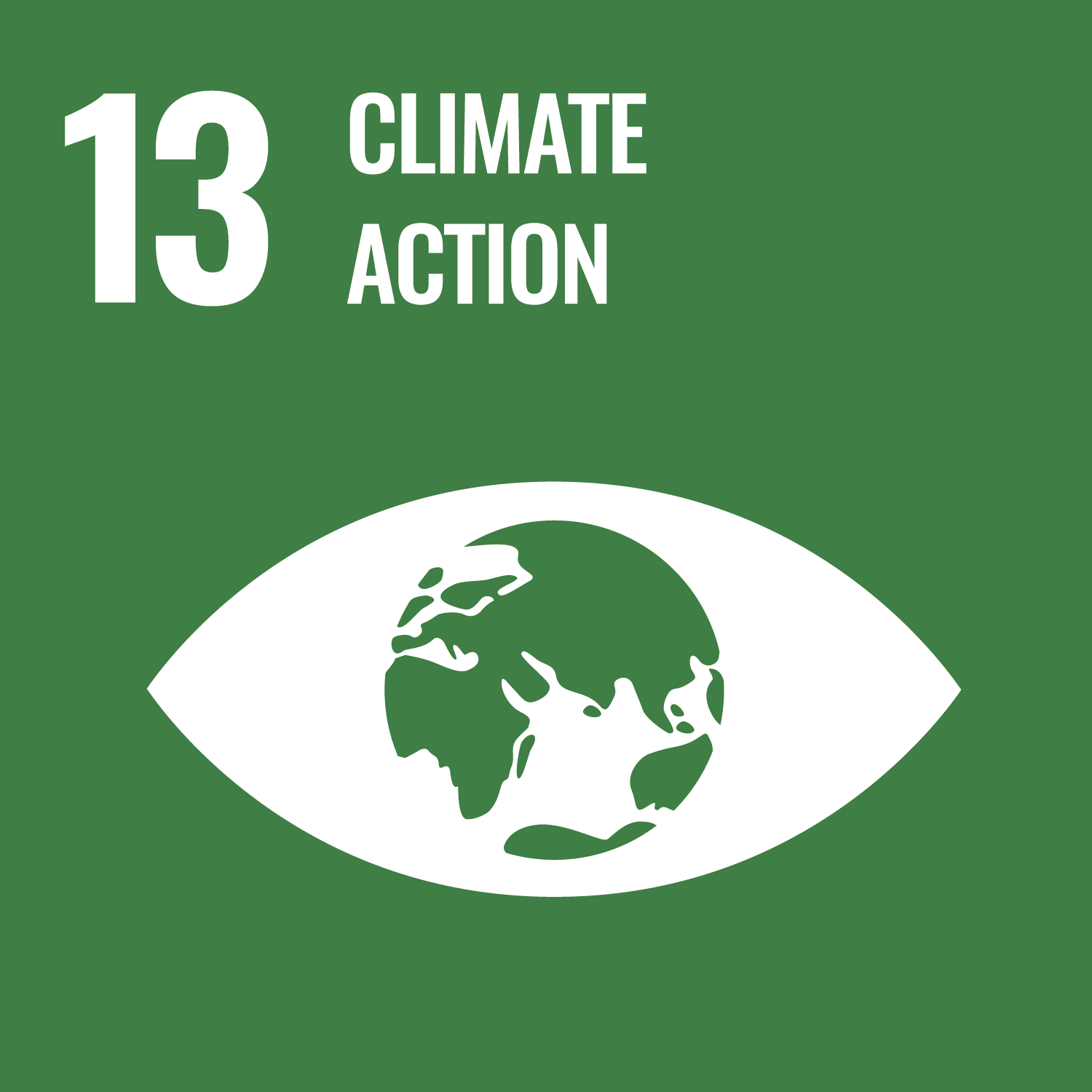Vidal-Cuellar, C.L., Chicmana-Zapata, V., Arotoma-Rojas, I. et al. (17 more authors) (Cover date: May 2023) Pathways to strengthen the climate resilience of health systems in the Peruvian Amazon by working with Indigenous leaders, communities and health officers. BMJ Global Health, 8 (Suppl 3). e014391. ISSN 2059-7908
Abstract
Background
Indigenous knowledge and responses were implemented during the COVID-19 pandemic to protect health, showcasing how Indigenous communities participation in health systems could be a pathway to increase resilience to emergent hazards like climate change. This study aimed to inform efforts to enhance climate change resilience in a health context by: (1) examining if and how adaptation to climate change is taking place within health systems in the Peruvian Amazon, (2) understanding how Indigenous communities and leaders’ responses to climatic hazards are being articulated within the official health system and (3) to provide recommendations to increase the climate change resilience of Amazon health systems.
Methods
This study was conducted among two Peruvian Amazon healthcare networks in Junin and Loreto regions. A mixed methodology design was performed using a cross-sectional survey (13 healthcare facilities), semistructured interviews (27 official health system participants and 17 Indigenous participants) and two in-person workshops to validate and select key priorities (32 participants). We used a climate-resilient health system framework linked to the WHO health systems building blocks.
Results
Indigenous and official health systems in the Peruvian Amazon are adapting to climate change. Indigenous responses included the use of Indigenous knowledge on weather variability, vegetal medicine to manage health risks and networks to share food and resources. Official health responses included strategies for climate change and response platforms that acted mainly after the occurrence of climate hazards. Key pathways to articulate Indigenous and official health systems encompass incorporating Indigenous representations in climate and health governance, training the health work force, improving service delivery and access, strengthening the evidence to support Indigenous responses and increasing the budget for climate emergency responses.
Conclusions
Key resilience pathways call for a broader paradigm shift in health systems that recognises Indigenous resilience as valuable for health adaptation, moves towards a more participatory health system and broadens the vision of health as a dimension inherently tied to the environment.
Metadata
| Item Type: | Article |
|---|---|
| Authors/Creators: |
|
| Copyright, Publisher and Additional Information: | © World Health Organization 2024. Licensee BMJ. For numbered affiliations see end of article. This is an open access article distributed under the terms of the Creative Commons Attribution IGO License (CC BY 3.0 IGO), which permits use, distribution,and reproduction in any medium, provided the original work is properly cited. In any reproduction of this article there should not be any suggestion that WHO or this article endorse any specific organization or products. The use of the WHO logo is not permitted. This notice should be preserved along with the article’s original URL. |
| Dates: |
|
| Institution: | The University of Leeds |
| Academic Units: | The University of Leeds > Faculty of Environment (Leeds) > School of Earth and Environment (Leeds) |
| Depositing User: | Symplectic Publications |
| Date Deposited: | 18 Jul 2025 13:22 |
| Last Modified: | 18 Jul 2025 15:33 |
| Published Version: | https://gh.bmj.com/content/8/Suppl_3/e014391 |
| Status: | Published |
| Publisher: | BMJ |
| Identification Number: | 10.1136/bmjgh-2023-014391 |
| Related URLs: | |
| Sustainable Development Goals: | |
| Open Archives Initiative ID (OAI ID): | oai:eprints.whiterose.ac.uk:229048 |



 CORE (COnnecting REpositories)
CORE (COnnecting REpositories) CORE (COnnecting REpositories)
CORE (COnnecting REpositories)